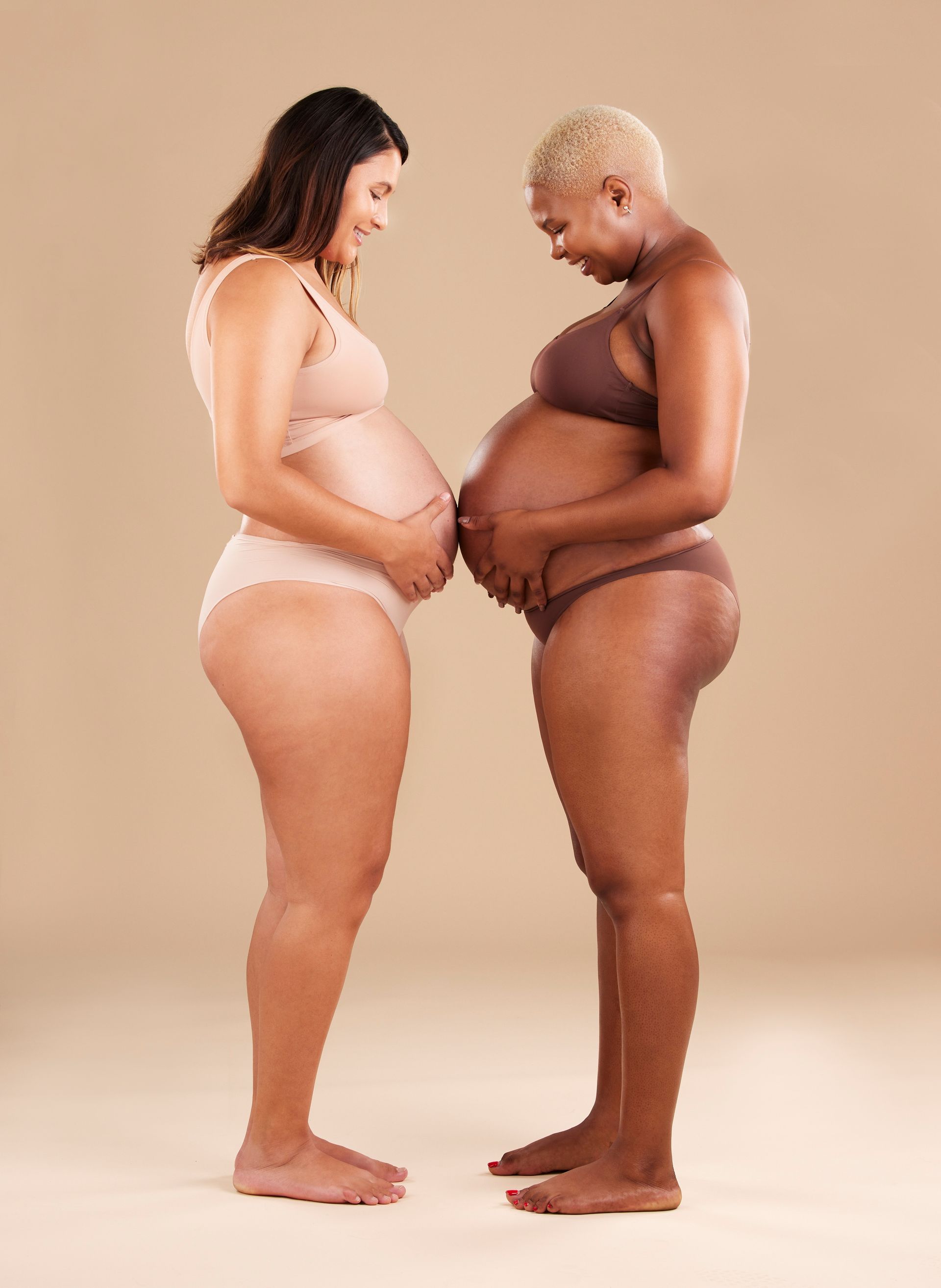5 Fascinating Facts About Labour

Labour is one of the most incredible and powerful journeys the human body can go through. Whether it’s your first baby or not, there are always new things to learn and marvel at about the process. Here are five interesting facts about labour that might surprise you:
1. Every Labour is Unique
No two labours are ever the same – even for the same person. Your body, your baby’s position, and countless other factors can change how long labour takes, how contractions feel, and what your birth experience is like. That’s why sharing stories is wonderful, but it’s important to remember that yours will be completely individual.
2. Contractions Work Like a Wave
Contractions aren’t constant pain – they rise, peak, and fall away again, just like a wave. This pattern gives your body a natural rhythm, and it also means you get breaks in between to rest and reset. Many people find focusing on the “wave” image really helps them manage each contraction.
3. Your Body Produces Natural Pain Relief
During labour, your body releases endorphins – hormones that act like natural painkillers. They not only help you cope with contractions but can also create a feeling of euphoria and strength. Staying calm, supported, and relaxed encourages your body to make even more of these helpful hormones.
4. Babies Help Themselves Out Too
Labour isn’t just something your body does – your baby plays an active role. As they move down the birth canal, babies twist and turn to find the best position for birth. This is called the “cardinal movements of labour,” and it’s a clever way your little one helps themselves into the world.
5. The ‘Golden Hour’ is Magical
The first hour after birth is often called the Golden Hour. Skin-to-skin contact during this time helps regulate your baby’s temperature, heart rate, and breathing. It also encourages bonding and can help with the first breastfeed. It’s a powerful, instinctive time for both you and your baby.
✨ Final Thought:
Labour is as much about strength and resilience as it is about the body’s natural design. Knowing these fascinating facts can help you feel more informed, empowered, and ready for your own unique journey.



